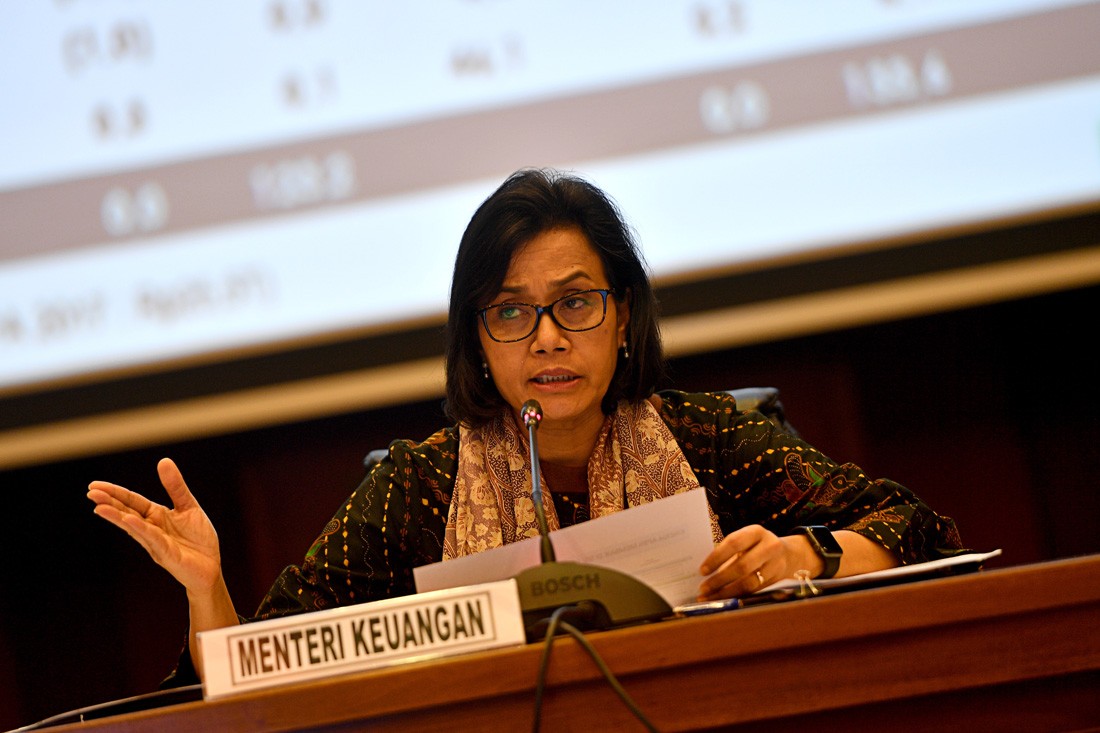Popular Reads
Top Results
Can't find what you're looking for?
View all search resultsPopular Reads
Top Results
Can't find what you're looking for?
View all search resultsEximbank told to boost funding to export-oriented industries
Change text size
Gift Premium Articles
to Anyone
F
inance Minister Sri Mulyani has asked the Indonesian Export Financing Agency (LPEI) or Indonesian Eximbank to boost funding for export-oriented industries.
“The LPEI will be involved in boosting exports in terms of funding, guarantee or any other related technical systems,” she said in Jakarta on Wednesday.
According to the Central Statistics Agency (BPS), Indonesia booked a trade deficit of US$2.8 billion from January to May this year. Imports rose 24.75 percent year-on-year (yoy), while exports only grew 9.65 percent yoy over the same period.
She said she had learned data from the Industry Ministry regarding the profiles and challenges faced by local industries, such as food and beverage, textiles and electronic goods as a result of the heating up trade war between the United States and China.
Based on the data, Sri Mulyani added, her ministry, particularly the fiscal policy agency, would follow up by making adjustments in taxation as well as customs and excise duty policies to help those industries improve their competitiveness in the global markets.
She also said the policy adjustment was expected not only to help export oriented products to be more competitive, but also ease the industries’ imported goods for their raw materials.
The introduction of such a policy was needed because of the enforcement of protectionism policies by traditional Indonesian markets in addition to the country's worsening current account deficit (CAD), which is estimated to have reached $2.83 billion throughout May, compared to a $5.99 billion surplus in the same period last year. (sau/bbn)
.










